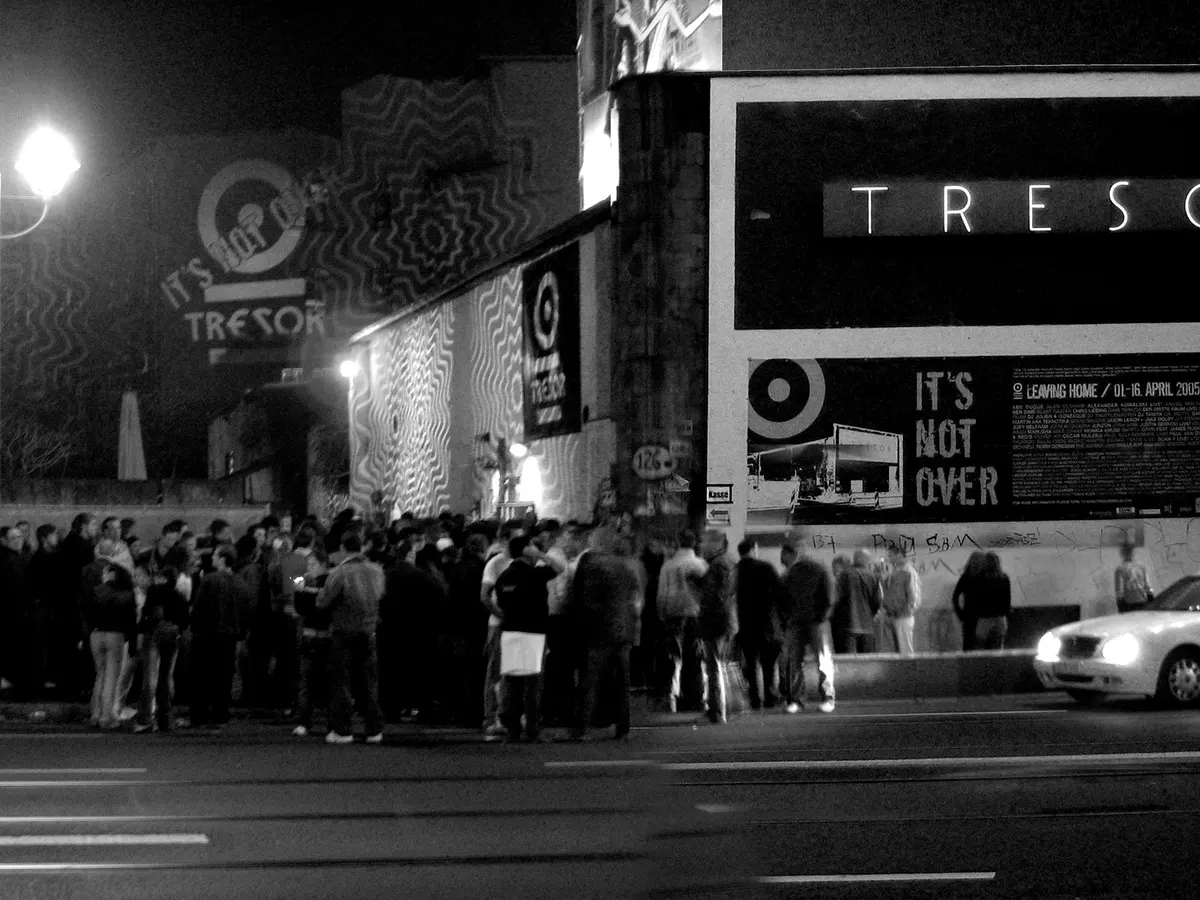In the heart of Berlin, a city renowned for its vibrant nightlife and electronic music scene, lies an iconic institution that has been at the forefront of techno culture for decades. Tresor, the legendary nightclub, has not only witnessed the evolution of electronic music but has played a pivotal role in shaping it. With a history spanning over 30 years, Tresor remains a symbol of Berlin’s underground electronic music culture, and my experiences at this remarkable club have been nothing short of extraordinary.
The Birth of Tresor
Tresor’s origins can be traced back to the early 1990s when Berlin was a divided city, separated by the Berlin Wall. Located in the basement vault of a former department store in East Berlin, Tresor was established by Dimitri Hegemann and some of his associates. As I stepped into this subterranean world for the first time, I couldn’t help but marvel at the club’s unique setting. The name “Tresor” itself, which means “vault” in German, perfectly encapsulated the underground, raw atmosphere of the venue.

My First Visit
My inaugural visit to Tresor was nothing short of a revelation. It was a chilly Berlin night, and as I descended the stairs into the club, I was immediately struck by the industrial aesthetics—thick concrete walls, steel doors, and an unmistakable sense of history. It felt like stepping into an underground bunker for a clandestine musical revolution.
The pounding bass and hypnotic beats pulsating through the venue’s impeccable sound system left a lasting impression on me. The DJs at Tresor weren’t just playing music; they were conducting sonic experiments, taking me on a journey through the realms of techno and electronic music. I found myself surrounded by a diverse and welcoming crowd of music enthusiasts who, like me, had come to Tresor to immerse themselves in this otherworldly experience.
Tresor’s Impact on Me
Tresor wasn’t just another nightclub; it was a sanctuary for electronic music lovers like myself. Over the years, I returned to Tresor countless times, each visit deepening my appreciation for the club’s role in the global techno scene. The DJs, the crowd, and the electric atmosphere created an energy that was impossible to replicate elsewhere. Tresor became my home away from home, a place where I could lose myself in the music and connect with fellow music enthusiasts.

Tresor’s Influence on Berlin
Beyond its music, Tresor has played a crucial role in shaping Berlin’s identity as a cultural epicenter. It’s a testament to the city’s spirit of resilience and creativity. The club has also fostered collaborations between musicians and visual artists, adding an extra layer of depth to its cultural impact. Tresor has been a driving force behind Berlin’s reputation as the techno capital of the world, and I couldn’t be prouder to be a part of this vibrant community.
My personal journey through Berlin’s iconic Tresor club has been a transformative one. It’s a place where I’ve not only discovered incredible music but also connected with like-minded individuals who share my passion for electronic sounds. Tresor is more than just a nightclub; it’s a cultural institution, a symbol of Berlin’s history and creativity, and a haven for music lovers from all walks of life. As long as there are those who seek to explore the edges of electronic music, Tresor will continue to be a shining beacon in the heart of Berlin, and I’ll be there, dancing to the beat.






































